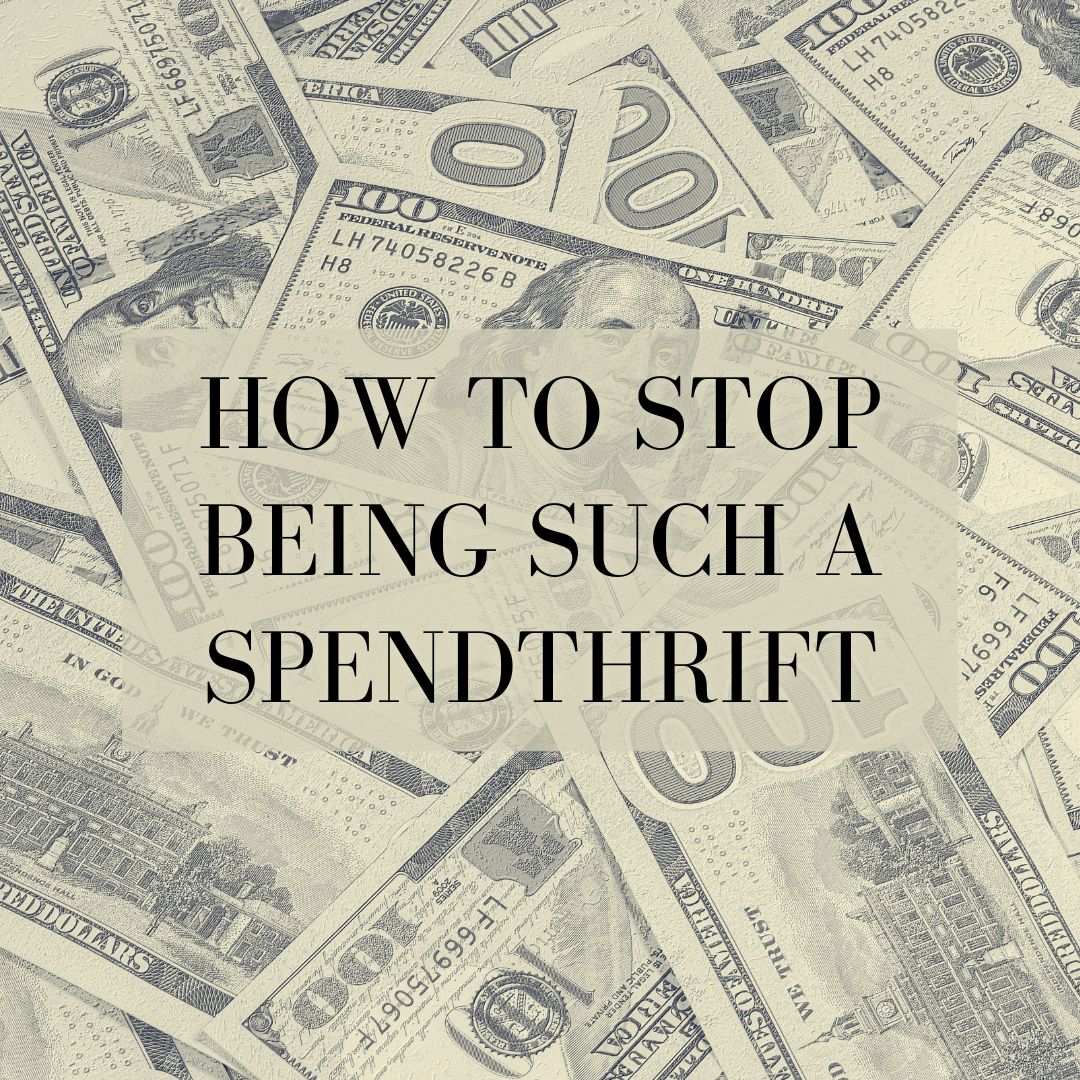
How to Stop Being Such a Spendthrift
By lowpriectodayThe internet is a whole of propaganda used by companies who claim to have the most high-tech electronics, luxurious sports cars, and the most fashionable clothing on the market. Marketing geniuses learn how to entice people into buying their products by strategically placing specific pictures and words on their storefronts and sales ads. Even digital billboards are being used to catch people’s eyes as they drive by. Unfortunately, Spendthrifts often fall victim to these common marketing ploys.
The Marketing Ploy
Economically speaking, Spendthrifts sometimes make the world go around and even spin out of control. Their frivolous purchases, lavish lifestyles, and reckless spending habits demonstrate exactly why advertising strategies work. Manufacturers depend on people to make impulsive purchases. They don’t want people to stop and consider the financial repercussions their decision could have on their budget or mental health.
Spendthrifts typically do not prioritize their purchases or stick to a budget. In their minds, purchasing a cup of coffee or a new pair of shoes has the same importance as a past-due utility bill. A Spendthrift will eagerly grab a credit card, take out a loan, or buy multiples of an item to fulfill their need to spend money, even if it means living beyond their financial abilities. Spendthrifts should be considered a mental illness because they represent an obsessive-compulsive disorder. Uncontrolled spending habits can create devastating financial problems, such as:
- Maxed-out credit cards
- Unpaid household bills
- Depleted savings and emergency funds
- Foreclosure on property
- Marital problems and divorce
- Bankruptcy
- Hoarding
- Depression and other anxiety disorders
Wealthy people portray a social image that is highly desirable to most people, but even famous people file bankruptcy during hard times. Beautiful models and celebrities endorse products because it’s their job and it’s what the script says to say or do. Magazines and commercials train our minds to think that life would be so much more straightforward if we bought more and bought new. For instance, a famous car company boasts that its latest model can automatically park itself. Suddenly, people are too lazy to park their cars and pay anything for that convenience. Regardless of whether their current vehicle runs well, the new feature becomes necessary. We pay too much for comfort. Valet parking services, car washes, and vending machine snacks are some of the most unnecessary purchases we make in our lives.
The Power to Overcome
- Don’t become a marketing victim – stop paying for promises of bliss.
Remember the old saying, “Something too good to be true, often is.” Celebrities are paid to endorse products; most read straight from a marketing script.
- Stop paying for convenience – valet parking, coffee baristas, restaurants, and vending machines.
Park your car, fully stock your kitchen with food and drinks, and learn how to cook healthy and quick meals at home.
- Want – what you have – get organized and get appreciative.
Downsize your life and upgrade your optimism. Take inventory of your life and your possessions separately.
- Take control of your finances – avoid impulsive buys or purchases that stretch beyond your economic means.
Use money management software; visit a financial counselor or another supportive group. Keep a spending journal, save receipts, and prioritize your purchases.
- Start a “hands-free” savings account – have a plan for tomorrow by saving today.
Ask a close family member or friend to hold onto your savings. Establish a mutual agreement that the money is only to be used in case of an emergency, which is not a great sale at your favorite store.